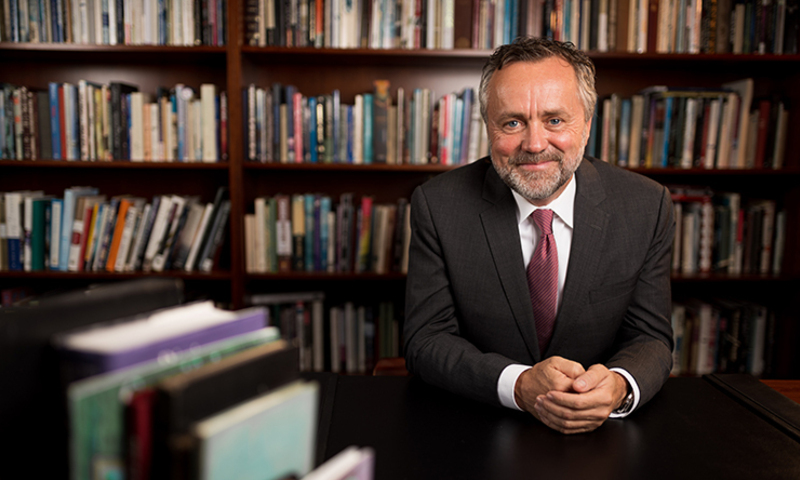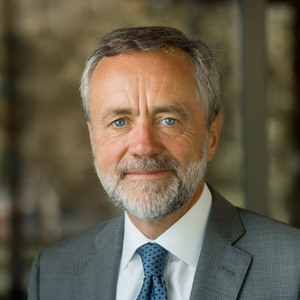When I read the Biola notice from 103 years ago, it seemed eerily familiar, at least in part. Posted in our periodic newsletter, The King’s Business (not unlike this magazine you’re reading), were these words:
[C]lasses have been suspended for six weeks owing to the epidemic. … Lesson work, however, has been assigned regularly to students and examinations have been given. Needless to say, the students have feverishly awaited the word from the Health Board that classes might be convened once more. Quite a number, both of men and of women, have been confined to their rooms either with colds or influenza, and of those residing within the buildings, two young ladies have been called home to be with the Lord.
This was the story of Biola of 1918 — right after the end of the first World War — when we last suffered through a pandemic. It was just a decade since Lyman Stewart launched his vision to begin an institute of higher education in Los Angeles and call it BIOLA.
If you go to the Influenza Archives of Los Angeles, the city’s record from the last months of 1918 paints a picture not dissimilar to today: widespread pandemic outbreaks, rapid virus contagions, school and business closure orders, physical distancing requirements, mitigation protocols and even signs that said, “positively no admittance without a mask.”
By February 1919, Biola was looking back on its arduous epidemic year, thanking God for providing for its needs despite the serious challenges it caused. Here’s how that story was told in The King’s Business:
The influenza ban served not only to tie up the Bible Institute classes for seven weeks, during which time expenses were unusually high, but … has been responsible for a very noticeable reduction in the financial gifts. … In spite of these conditions, … God has singularly honored the faith of the workers, especially in the saving of souls and every department shows encouraging progress. The Institute students have been most faithful in their studies, even when it was impossible to hold classes.
By the summer of 1919, Biola was once more hosting large convocations in its main auditorium. Los Angeles was rebounding. The nation was recovering as case rates fell dramatically. The Bible Institute on the corner of Sixth and Hope streets never lost faith in its founding vision, refusing to give up or give in.
Biola’s history has been interwoven with seasons of challenge, times when the biblical word “overcome” was heard in daily prayers and not just in worship songs. Rattled but not toppled, Biola regained its strength after the Spanish Flu and continued on. I imagine like today those Bible-based leaders looked back at what they had come through thanking God for being hard pressed on every side but not crushed, perplexed but not in despair, persecuted but not abandoned, struck down but not destroyed (2 Cor. 4:8–9).
And we are getting through, by God’s grace and the amazing and anointed faculty and staff who comprise our community. God will redeem this time, make these crooked roads straight. This is in our bloodstream.
About 15 years after the pandemic ended and during the seam between the Great Depression and World War II, Biola President Louis Talbot returned to Biola from his native Australia, and this is what he said:
I return into your midst with a deep conviction that the worldwide conditions are a call from God to his people to pray. … If we, the people of God can be stirred up so we will not content ourselves with simply praying a little more than we have done, but will live in the spirit of prayer, we shall see the blessing of God we have so much desired that shall make this place like a watered garden and a regular citadel. … Then there will be a great unction attending the preached Word. … The great remedy for this state of things is a great deal more kneel work.
Things look a lot different than they did 103 years ago when the plague raged and 85 years ago when Talbot used King James words like unction. But what hasn’t changed is that we’re still about trusting God in the challenges and believing in more glorious days to come.
As we continue to work and pray, I believe our Holy God will pour out his Spirit upon this university in ways that will carry us through and revive our hearts and upend the enemy and call our students to take on extraordinary challenges and to consider courageous ideas. This crisis will not go to waste.
 Biola University
Biola University




